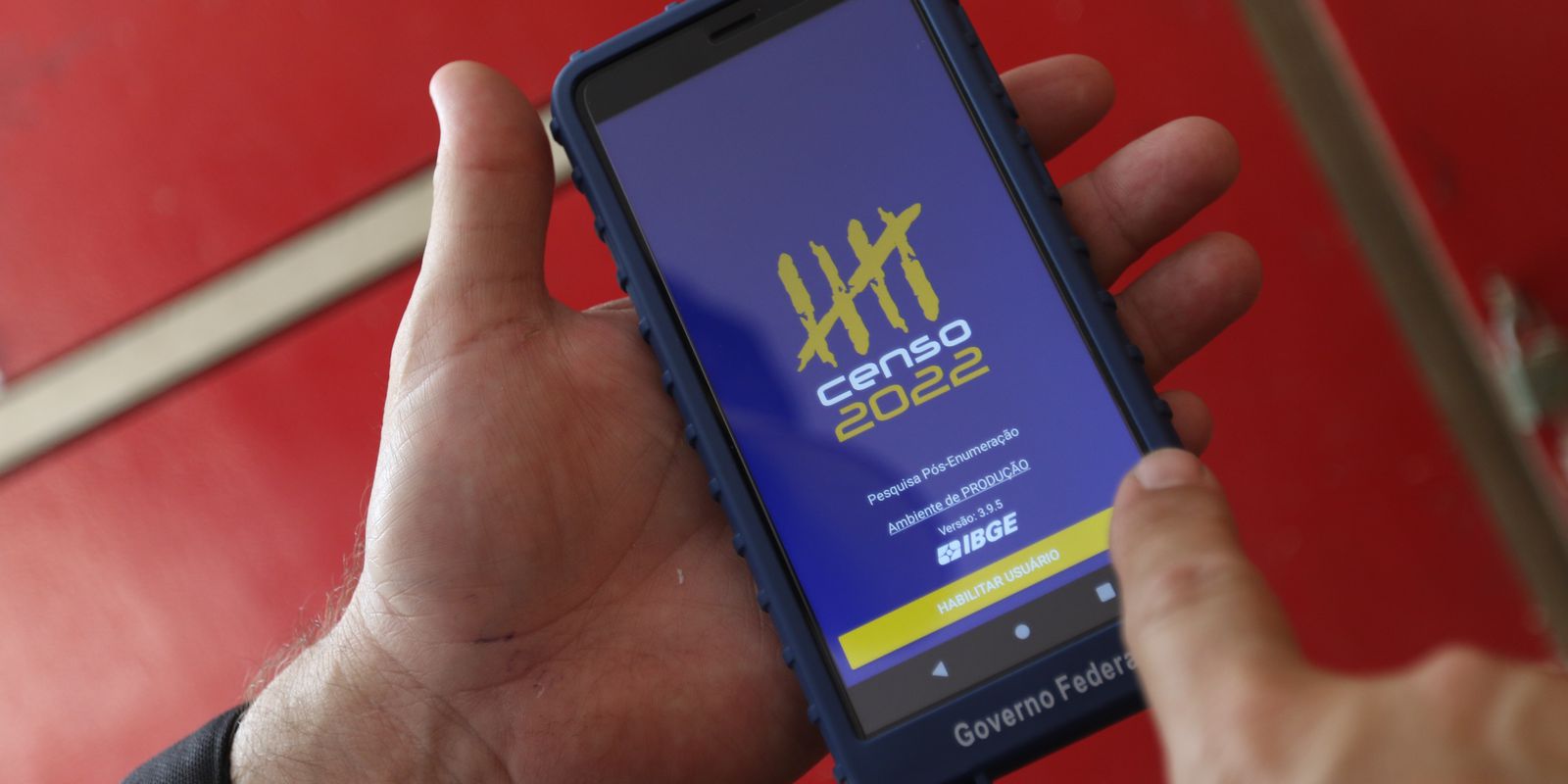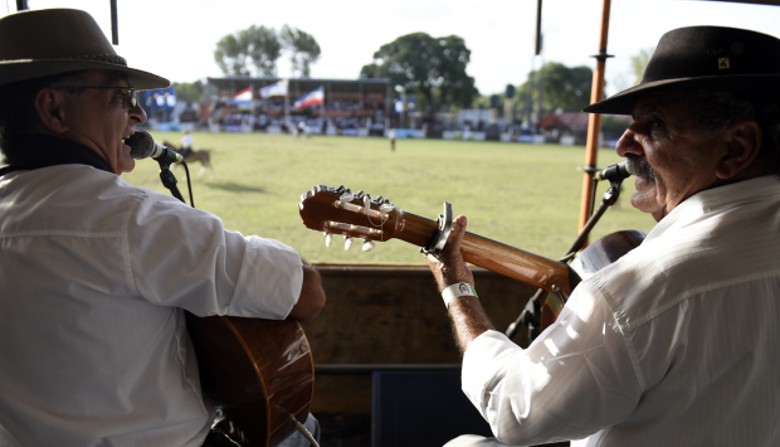More than 621,000 candidates are expected to take today (10) the tests of the competition that will select the 206,000 professionals who will work in the 2022 Census. Brasilia time).
There are 349,437 thousand candidates competing for the 183,021 vacancies for the position of census taker. The test will last three hours and have 50 questions, 10 of which are Portuguese, 10 Mathematics, 5 on Ethics in Public Service and 25 on Technical Knowledge.
The tests for the 18,420 vacancies for municipal census agents (ACM) and the 5,450 vacancies for supervisory census agents are scheduled for 2:30 pm (Brasilia time) and will last 3:30 am. There are 271,791 candidates running for these positions, who will be responsible for overseeing the work of census takers.
The tests for census agents will have 60 questions, 10 of which are Portuguese, 10 of Logical Quantitative Reasoning, 5 of Ethics in Public Service, 15 of Notions of Administration/Management Situations and 20 of Technical Knowledge.
The tests will be administered in more than 5 thousand locations across the country. Candidates will be required to provide proof of registration, an original identity document with a photo and a black or blue ballpoint pen, made of transparent material, in addition to following the health protocols against covid-19 established by each municipality and informed on the card. confirmation of registration
The positions are for temporary work, while the Census lasts, the largest survey by the Brazilian Institute of Geography and Statistics (IBGE), which is expected to cover 70 million households in the 5,570 Brazilian municipalities, with the objective of having reference on the living conditions of the population. from the country.
The survey will reveal characteristics of households, ethnic-racial identification, marriage, family nucleus, fertility, religion or cult, disability, internal or international migration, education, commuting to study, work and income, commuting to work, mortality and autism.









